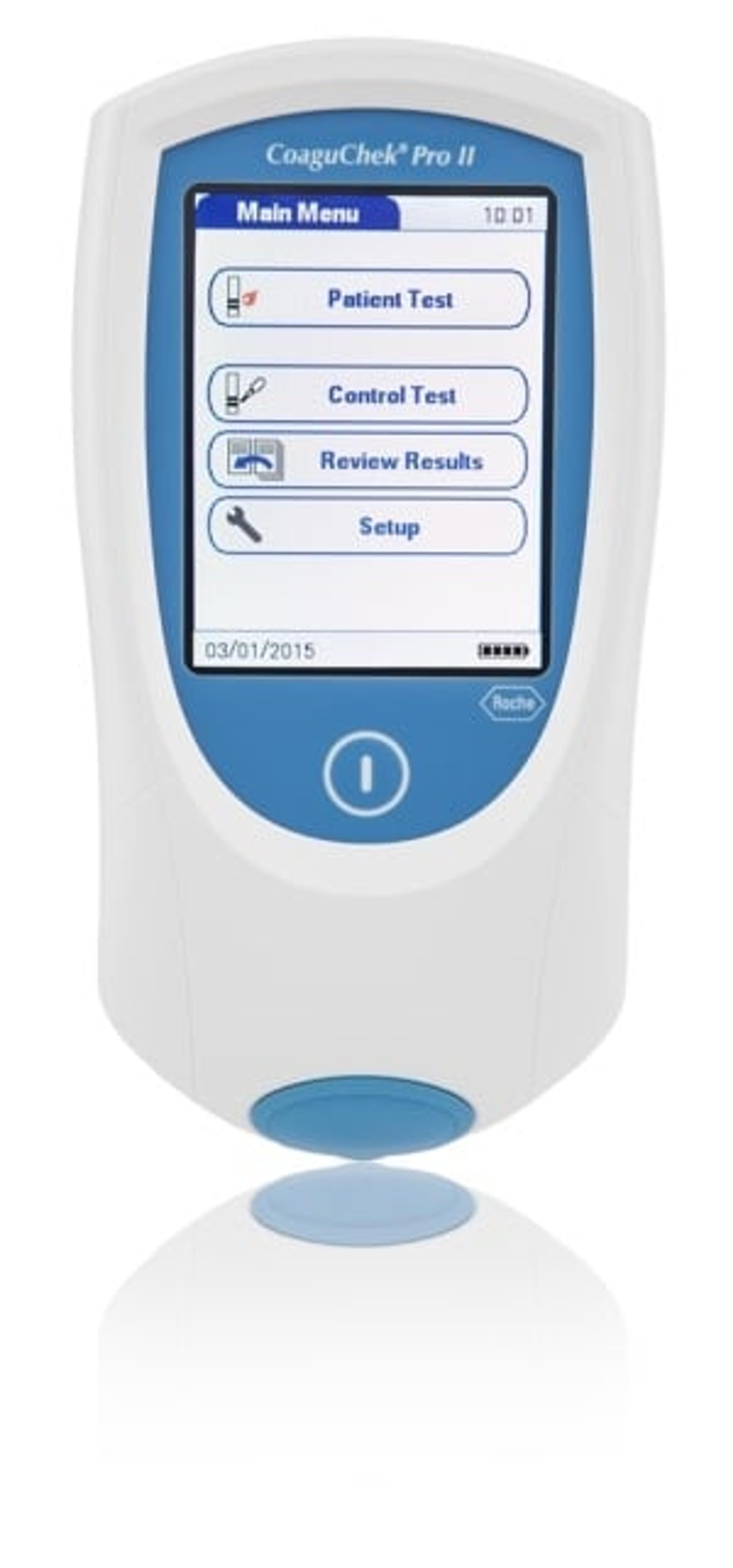Roche to launch SARS-CoV-2 Rapid Antigen Test in countries accepting CE mark
Antigen test reliably and quickly triages people suspected of SARS-CoV-2, with results ready in 15 minutes, allowing informed treatment decisions
1 Sept 2020
Roche has announced that it will launch a SARS-CoV-2 Rapid Antigen Test, in late September, for markets accepting the CE Mark. Roche also intends to file for Emergency Use Authorisation (EUA) to the U.S. Food and Drug Administration (FDA).
The SARS-CoV-2 Rapid Antigen Test is for use in point of care settings for both symptomatic and asymptomatic people. This can help healthcare professionals identify a SARS-CoV-2 infection in people suspected to carry the virus with results typically ready in 15 minutes. In addition, it serves as a valuable initial screening test for individuals that have been exposed to SARS-CoV-2 infected patients or a high risk environment. The test has a sensitivity of 96.52% and a specificity of 99.68%, based on 426 samples from two independent study centers. At launch, there will be 40 million SARS-CoV-2 Rapid Tests available, per month. This capacity will increase more than two-fold at the end of this year to help with testing demands of healthcare systems globally.
The launch is a partnership with SD Biosensor Inc., with whom Roche has a global distribution agreement and had also launched a Rapid Antibody Test in July.
The test is the tenth addition to the comprehensive Roche diagnostic portfolio to help healthcare systems combat COVID-19 through testing in the laboratory and at the point of care. Currently, this portfolio includes molecular, serology and digital solutions which help diagnose and manage COVID-19 during the initial stages of infection, during the recovery phase, as well as following the resolution of infection.
The SARS-CoV-2 Rapid Antigen Test is performed by healthcare professionals in a number of different settings close to the patient. This is highly beneficial where timely decisions are needed or laboratory testing is inaccessible. The test will help to quickly identify people who are infected and allows better patient management as well as more effective use of healthcare resources.
Thomas Schinecker, CEO of Roche Diagnostics, stated, “As the COVID-19 pandemic persists, healthcare systems remain challenged. Testing continues to be an important focus for many countries. Especially in the upcoming flu season, it is important to know whether a person has SARS-CoV-2 or the flu to ensure the right course of treatment. COVID-19 testing solutions that provide healthcare professionals and patients with a quick answer regarding their infection status are critical to contain the community-spread of the COVID-19 virus. We are working relentlessly to deliver solutions that help alleviate some of the healthcare burden with reliable SARS-CoV-2 testing solutions as we learn more about the disease and how it affects people around the world.”
About the SARS-CoV-2 Rapid Antigen Test
Roche’s SARS-CoV-2 Rapid Antigen Test is a rapid chromatographic immunoassay intended for the qualitative detection of a specific antigen of SARS-CoV-2 present in human nasopharynx. This test is performed by healthcare professionals using a nasopharyngeal swab collected from a patient. The results are intended to aid in the early diagnosis of SARS-CoV-2 infection in patients showing clinical symptoms of SARS-CoV-2 and assist in the initial screening of patients. The test has a sensitivity of 96.52% and a specificity of 99.68%, based on 426 samples from two independent study centers. Results are ready in only 15 minutes. This test is another important addition to the testing options for SARS-CoV-2 at the point of care, following the launch of the SARS-CoV-2 Rapid Antibody Test, in July 2020, that is helping healthcare professionals identify patients that have developed antibodies against SARS-CoV-2, indicating prior infection.
About antigen testing
An antigen test detects proteins which are structural or functional components of a pathogen and are thus very specific to that pathogen. In this case, the test would provide a qualitative “yes/no” answer on the presence of the pathogen in the patient sample and can be offered as a rapid strip test that is performed at the point of care. If the target antigen is present in sufficient concentrations in the sample, it will bind to specific antibodies and generate a visually detectable signal on the test strip, typically with results ready in 15 minutes.
In general, antigen tests have a high specificity, though are not as sensitive as molecular tests that amplify the target viral DNA or RNA sequence in order to generate a quantifiable signal to indicate the presence of the virus in a sample. Therefore, to make up for the potential decrease in sensitivity of an antigen test, negative results should be analysed together with additional patient factors, such as COVID-19 exposure history, clinical symptoms, additional test results to help guide the diagnosis and subsequent treatment of the patient.
For more of the latest science news, straight to your inbox, become a member of SelectScience for free today>>

